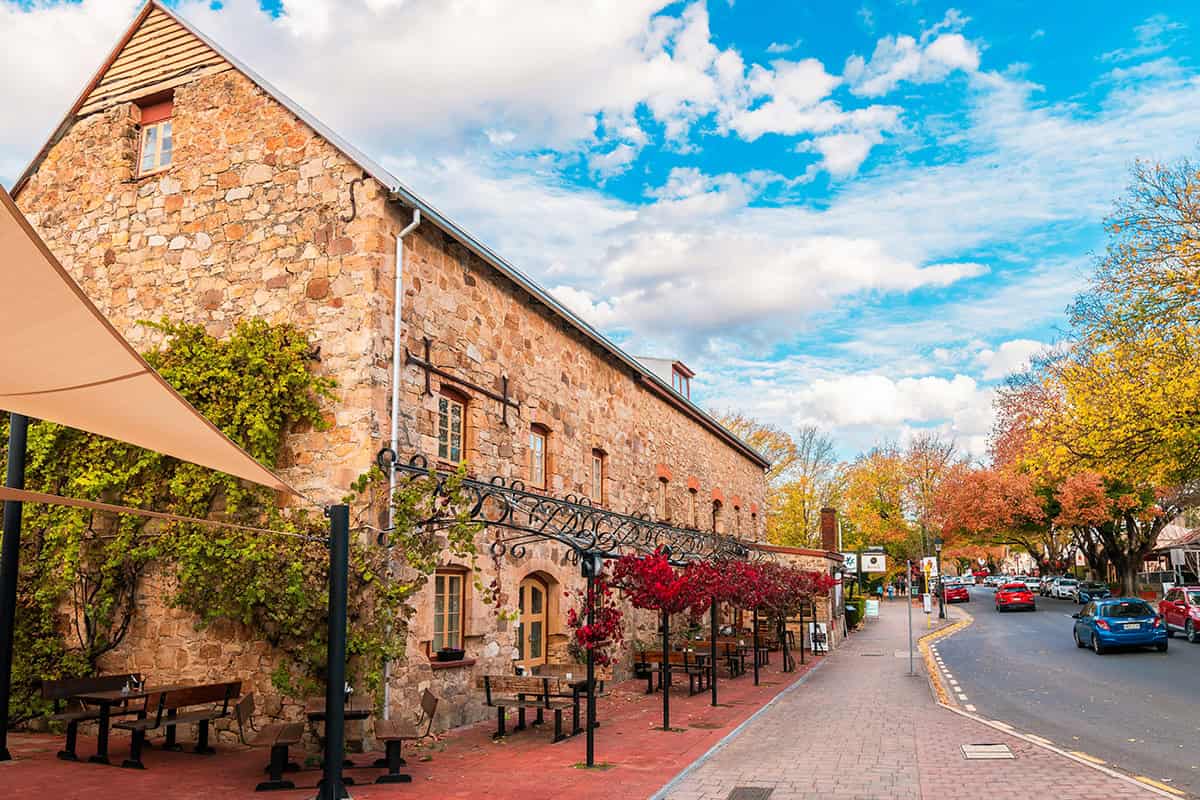Accommodation
Home / Accommodation

There are many options for Accommodation and what is available will depend on where you want to study and what your budget is. You also need to consider public transport, whilst public transport in major cities is usually good in regional areas it may be an issue. Check that you will also have access to shops and other amenities you feel you would require.
The different types of accommodation typically are:
Renting a Property
You can rent a property, house or unit wither alone or with friends. This is usually done through a Real Estate Agent and there are laws and regulations that you will need to be aware of such as payment of bond, electricity bills, water rates etc.
Share Accommodation
Share accommodation is where you agree to share a house with someone or a group of people. This is usually done when they have the lease on the house and you “rent the room” and have use of the facilities. You may be required to pay a bond and a portion of the electricity and other shared expenses.
Student Accommodation
Purpose-built accommodation specifically for students is not uncommon. This can range from share accommodation, studio apartments to dormitory type arrangements. Each campus will have its own specific types.
Short-term accommodation
There are options for short term accommodation which students may take up when they first arrive. Short term accommodation can be beneficial if you are not familiar with the area in which you will be studying. It gives you time to acquaint yourself with the area and establish which more permanent accommodation will be best for your circumstance and budget. Hotels, Motels and Hostels may be one of the options that is offered to you. Your University may also have short term options for you.
Residential colleges
Some Colleges have residential accommodation and facilities for students. There may be priorities given to type of students for academic, sporting, cultural or development reasons.
Homestay
Another option not usually known to overseas student is homestay accommodation. This involves living with a family in their home. The host family provide a home like environment with meals and cleaning provided. Homestay is a good option for younger students who feel may feel more secure in a family type environment. All homestay families are screened for their suitability to ensure a safe living environment.
Note Whichever one you choose, make sure you know your legal and financial obligations before you commit to a lease or accommodation stay. Talk to your real estate agent, university or landlord in depth before signing anything, you need to know the laws that protect both you and your accommodation provider.
Need a Visa Application?
Need a consultation? Appointments for all services can be made Call +61 2 98069910
Contact Us if You Are Looking for a Course Advise
Need a consultation? Appointments for all services can be made Call +61 2 98069910
